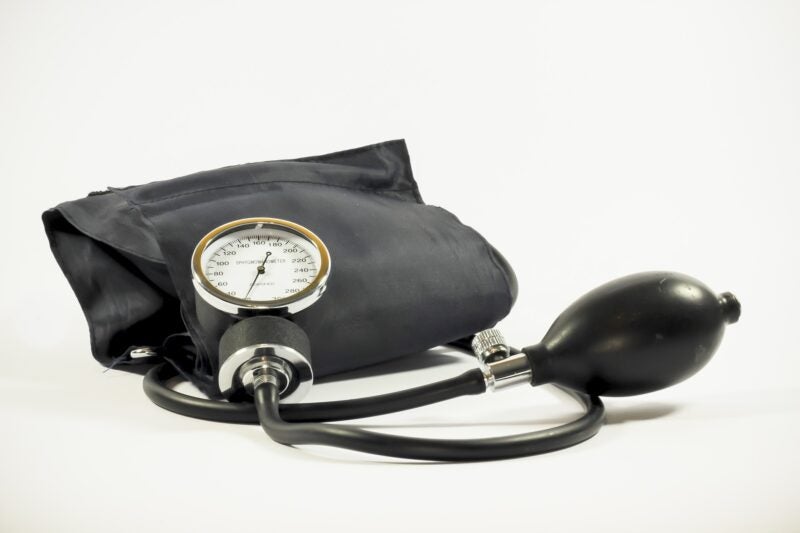
Recor Medical, a division of Otsuka Medical Devices, has reported the first commercial uses of Recor’s Paradise Ultrasound Renal Denervation (uRDN) system to treat hypertension.
Paradise uRDN system is an ultrasound-based renal denervation (RDN) technology. It is designed to lower blood pressure by denervating overactive sympathetic nerves close to the renal arteries.
The system is said to be the first US Food and Drug Administration (FDA)-approved renal denervation therapy in the US.
The first commercial procedures were conducted at NewYork-Presbyterian/ Columbia University Irving Medical Center in New York by Ajay Kirtane and Sahil Parikh.
It also took place at the Cleveland Clinic by Aravinda Nanjundappa and at Smidt Heart Institute at Cedars-Sinai in Los Angeles by Suhail Dohad and Raj Makkar at Gates Vascular Institute in Buffalo, New York by Vijay Iyer.
Kirtane said: “It is truly remarkable that patients with difficult-to-control hypertension who are in need of other treatments beyond lifestyle modification and medications now have another option.
“I just want to thank all of the collaborators and the many patients who committed along the years to the careful study of this technology, allowing this to come to fruition.”
Through the primary renal arteries, Paradise uRDN provides two to three doses of 360-degree ultrasound energy, each lasting seven seconds, to the surrounding neurons.
During the procedure, the technology’s HydroCooling system pumps sterile water through the balloon to assist in cooling and protecting the inner layers of the renal artery.
The system is now offered as a supplementary treatment option for patients who have not been able to reach their blood pressure targets with conventional lifestyle modifications and oral drugs.
The Paradise system was tested in Recor’s RADIANCE Global Programme of three rigorous prospectively powered and sham-controlled randomised clinical studies.
Each trial effectively achieved its predetermined primary efficacy endpoint, with good safety profiles and statistically significant and clinically meaningful drops in blood pressure when compared to a sham arm.
Nanjundappa said: “This new renal denervation technology for a high-risk patient population, individuals with difficult-to-control hypertension, has been long awaited.”






